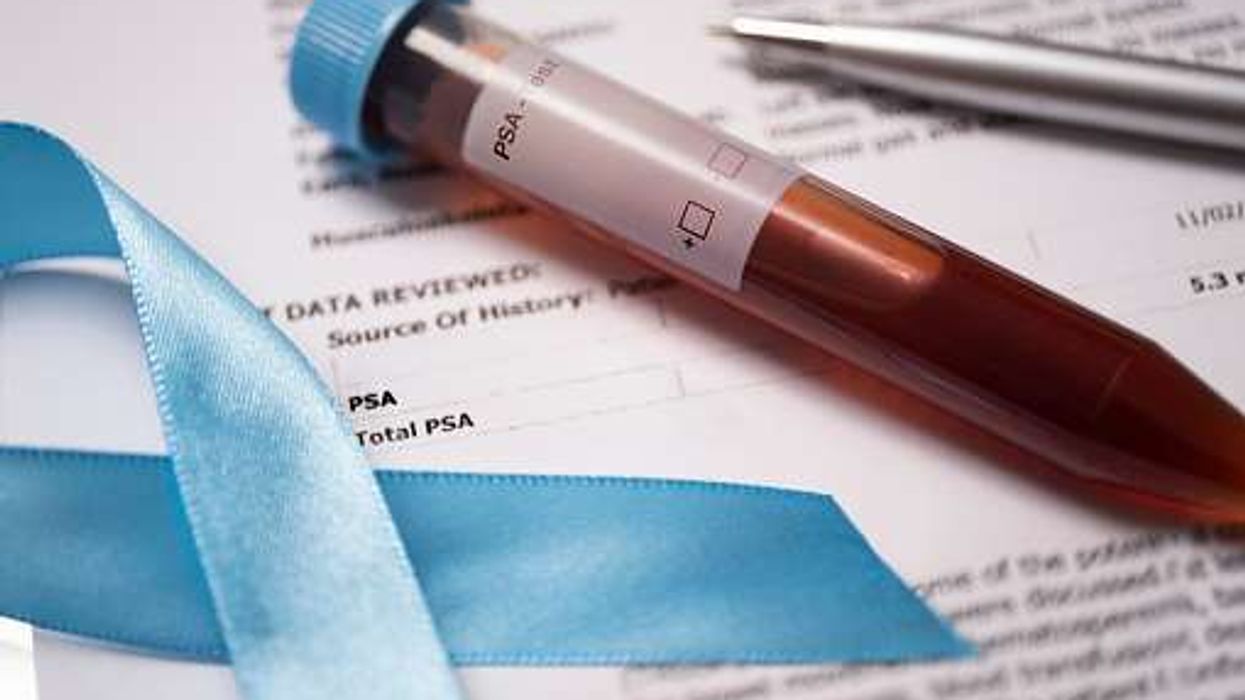The Department of Health and Social Care (DHSC) has introduced a new prescription pre-payment certificate (PPC) for Hormone Replacement Therapy (HRT) which is said to benefit around 400,000 women who suffer from negative symptoms of the menopause in England.
PPC will be rolled-out from 1 April and it reduce the HRT costs to less than £20 a year. Women prescribed HRT – the main treatment for menopause symptoms – will have access to a new scheme enabling access to a year’s worth of menopause prescription items for the cost of two single prescription charges (currently £18.70).
As part of commitments to reduce the cost of HRT for menopausal women, the prescription PPC will be valid for 12 months. It can be used against a list of HRT prescription items, and a patient can use this against an unlimited number of HRT items, such as patches, tablets and topical preparations. There will be no limit to how many times the certificate can be used while it is valid.
“The introduction of the certificate delivers one of our year one priorities for the Women’s Health Strategy for England. Published last summer, the strategy sets out an ambitious new agenda for improving the health and wellbeing of women and girls and to improve how the health and care system listens to women. Menopause was announced as a priority area within the strategy,” said DHSC.
Minister for Women Maria Caufield said: “Around three quarters of women will experience menopause symptoms, with a quarter experiencing severe symptoms – which can seriously impact their quality of life.
“Reducing the cost of HRT is a huge moment for improving women’s health in this country, and I am proud to be announcing this momentous step forward.
“In our Women’s Health Strategy, we made menopause a top priority – by making HRT more accessible, we’re delivering on our commitment to women.”
Currently, around 15 per cent of women aged 45-64 in England are currently prescribed HRT, which has increased rapidly in the last two years from around 11 per cent and continues to increase.
The government also accepted the recommendations of the HRT Taskforce, including encouraging and supporting manufacturers to boost supply to meet growing demand and continuing to issue Serious Shortages Protocols (SSPs) when needed to even out distribution.
It will engage with suppliers on a weekly basis and closely monitors the supply of HRT and regularly meeting with individual suppliers, including hosting quarterly roundtables with industry to ensure a continuous supply of HRT.
Women will need to apply for the PPC, through the NHS Business Service Authority or in person at a pharmacy registered to sell PPCs. Once it has been granted it will be available for use immediately on or after 1 April. When collecting HRT products, patients will be able to simply show the digital or paper copy HRT PPC to the pharmacist and complete the exemption declaration on the NHS prescription form.
Whilst the Pharmaceutical Services Negotiating Committee (PSNC) remains fully supportive of the Government’s decision to make HRT medicines more accessible to women at a reduced cost, it believes that the introduction of this new PPC specifically for HRT medicines is complex, and in some circumstances it will not work well with existing prescription processing and pricing systems currently used in England.
“The implementation of this new type of PPC will introduce additional workload and financial risks for community pharmacy teams. It may also cause difficulties for patients unless the HRT prescription item is written on a separate prescription to other paid prescription items.”
In November 2022, the committee had written to Ministers highlighting its concerns and made repeated representations directly to the Minister for Women and the DHSC to make all HRT medicines free-of-charge items (similar to contraceptives) as this would make it easier to implement and more cost-effective.
The committee added: “However, while Government recognised the issues, the Minister has decided to press ahead with the policy and we are still working with DHSC to understand what actions will be required by pharmacy contractors and to seek mitigations to the issues we have highlighted.”
Chair of the Royal Pharmaceutical Society (RPS) in England Thorrun Govind said: “The prepayment certificate is great news for women in England who need HRT to manage symptoms of the menopause as it makes vital medicines more affordable. However, it remains inequitable that people with other long term conditions still have to pay the prescription charge which is in effect an unfair tax on health.
“No one should face a financial barrier to getting the medicines they need. We want to see the prescription charge abolished for everyone with long-term conditions so medicines are free to access in England, just as they are in the rest of the UK.”











